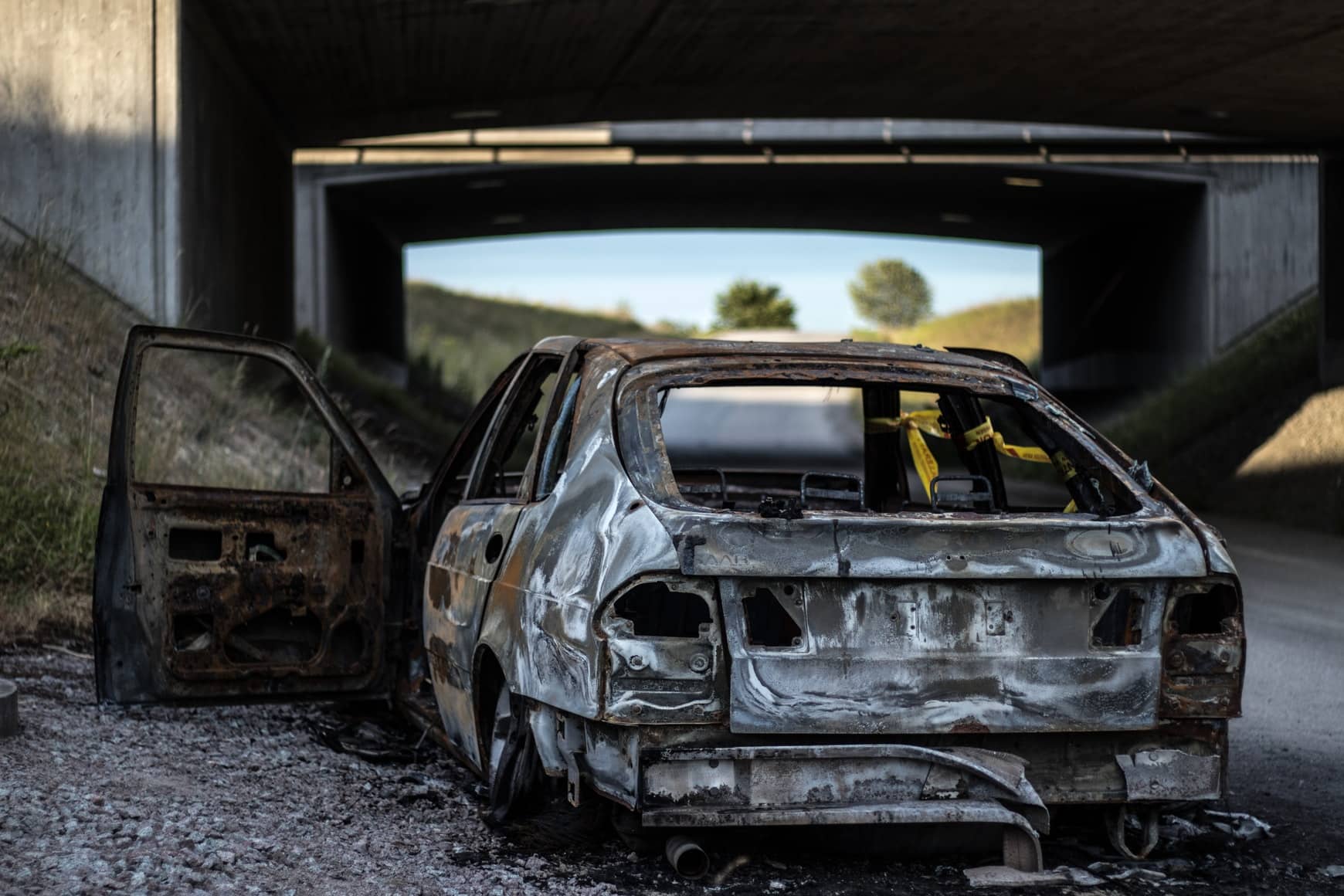More deliberate fires were started on the Isle of Wight during the Covid pandemic, figures have revealed.
Including vehicle blazes and those started in derelict hotels, there were 66 deliberate primary and secondary fires on the Island between April 2020 and March 2021.
A “blip”
The increase has been called a ‘blip’, by Hampshire and Isle of Wight Fire and Rescue Service Island group manager, Jeff Walls, who said the figures are small, so there are times when blips happen.
Mr Walls said education on fire prevention and safety also stalled during the year as a result of the pandemic.
12 more than previous year
A fire is deemed deliberate if it was started as a malicious act and there were 12 more on the Island than in the previous year (2019/20).
There were fewer, however, than in 2018/19, when 77 deliberate fires were started.
Massive drop from 2006/7
Although there has been an increase this year, figures have continued to fall significantly from 2006/7 when 292 deliberate fires were reported.
Compared to the previous year, there were ten more deliberate primary fires — any that occurred in a building (non-derelict), road vehicle or outdoor structure; any fire involving fatalities or casualties and any fire attended by five or more pumping appliances — with four additional vehicle fires.
Educational talks and Covid
As part of a strategic assessment of the previous year, the figures were produced by the Island’s Community Safety Partnership for the Isle of Wight Council to review.
Speaking at a briefing on the strategic assessment, Mr Walls said both protection and prevention teams work with businesses and local communities to provide educational talks on fire safety, but that had been lessened during the Covid pandemic.
Mr Walls said it had slowed the fire service’s ability to interact with the community around certain areas, but still tried, where possible, to speak to groups over the phone or online.
Investigations
Each deliberate fire is investigated to identify the cause and going back to the root of the cause, seeing if any proactive work can be done in the future to discourage that.
Mr Walls said,
“The numbers are so small sometimes even four car fires can look like a blip.
“While we can contact the owner, look at the environment and CCTV, we are down to trying to do more education in the local community.”
Overall, crime on the Island fell during the height of the Covid pandemic by eight per cent.
This article is from the BBC’s LDRS (Local Democracy Reporter Service) scheme, which News OnTheWight is part of. Read here to find about more about how that scheme works on the Island. Some alterations and additions may have been made by News OnTheWight. Ed
Image: Niclas Lundin under CC BY 2.0 for illustrative purposes only





